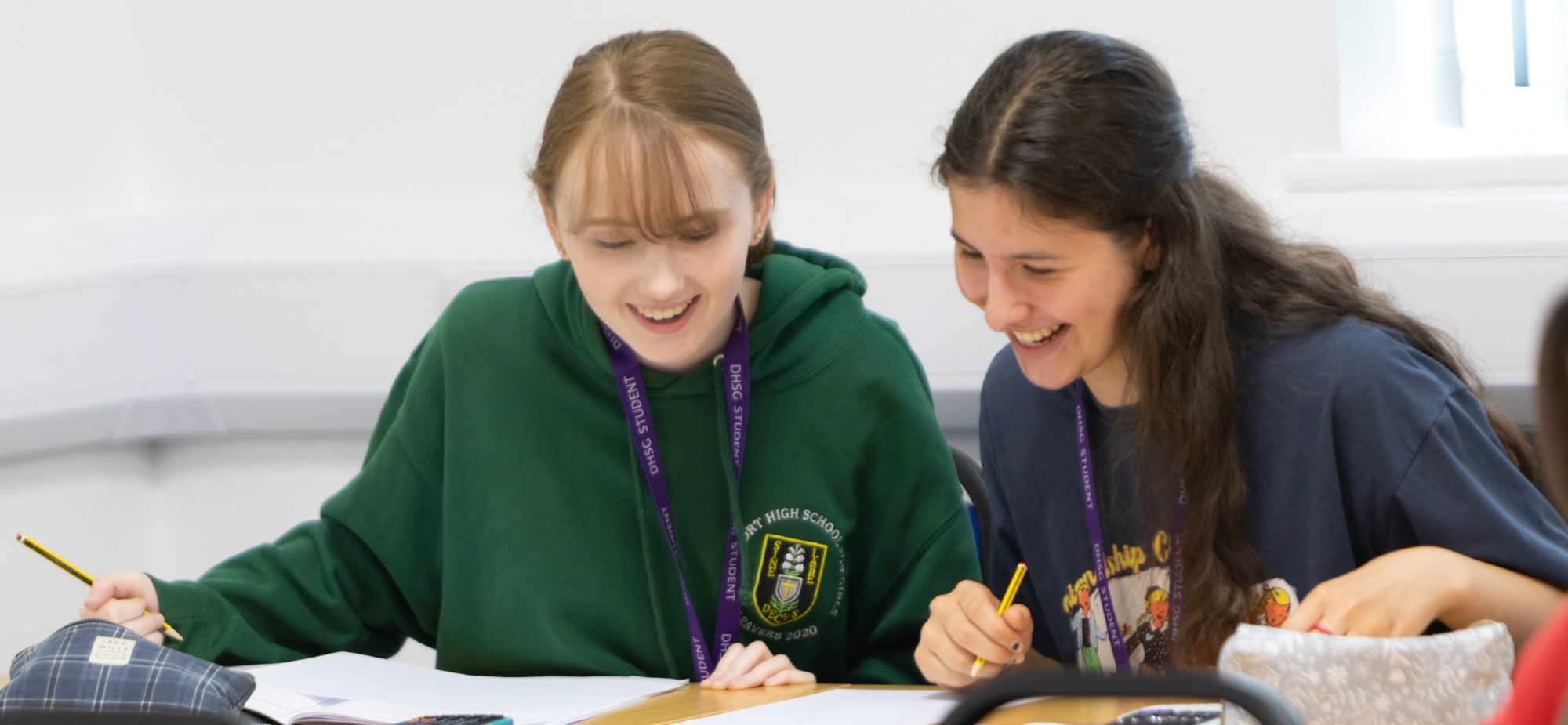Head of Department
Miss L Wilkinson, BSc (Hons), PGCE, NPQSL
Statement of Intent
At Devonport High School for Girls, we take a scientific approach to the study of Psychology, with the overall aim of using our psychological knowledge and understanding to have a positive impact on the world around us. Upon completion of the A Level Psychology course, students will:
- understand and be able to explain the influence of the many and varying factors that affect human behaviour as well as being mindful of the complex interaction between these factors;
- be able to apply psychological knowledge and understanding to explain real-life situations as well as offering practical strategies and advice based on this knowledge and understanding;
- be able to analyse both quantitative and qualitative data to draw logical conclusions;
- be able to critically appraise even the most academic and scientific research;
- have developed abstract thinking skills, e.g., the notion of type 1 and 2 errors in statistical testing and the concept of the unconscious mind;
- be able to express themselves clearly and concisely using appropriate subject specific terminology;
- appreciate the value of psychology in a wide variety of workplace settings and in our personal lives.

We achieve this by building on:
- prior learning from GCSE Science and Mathematics, e.g., synaptic transmission, hypotheses, descriptive statistics and graphs;
- students’ own experiences, e.g., conforming to fashions, different types of memories and obedience to teachers/parents;
- historical events e.g., the holocaust, the London Bombings and the murders of Jeffrey Dahmer;
- more recent societal changes, e.g., increasing mental health issues, the #MeToo movement and conformity to Covid guidelines;
- practical experiences, e.g., designing and carrying out research, taking part in a brain dissection and our biennial visit to London.
A Level Course Outline
We study the AQA A level psychology course. This is a linear course with three two-hour exams, sat at the end of year 13.
Higher Education and Career Opportunities
Success in psychology A Level shows that you can master complex subject content and use advanced critical analysis. Course content is relevant to a range of careers: Law, Crime and Policing, Teaching, Medicine and Nursing, Psychology, Psychiatry, Counselling, Management and Marketing. Each year a number of students go on to study for psychology degrees at university.
Course Content
|
Examination Board |
AQA |
Full details of the specification and assessment criteria can be found on the AQA website |
|---|---|---|
|
A Level |
Paper 1 |
Introductory Topics in Psychology: Social Influence Psychopathology |
|
|
Paper 2 |
Psychology in Context: Approaches Biopsychology Research methods |
|
|
Paper 3 |
Issues and Options in Psychology: Issues and Debates in Psychology Forensic Psychology Schizophrenia Cognition and Development |
Curriculum Programmes of Study
|
Year |
Cycle | Content |
|---|---|---|
|
Year 12 |
Cycle 1 |
Approaches Research methods
|
|
Cycle 2 |
Biopsychology Psychopathology Research methods
|
|
|
Cycle 3 |
Social influence Memory
|
|
|
Year 13
|
Cycle 1 |
Attachment Cognition and development
|
|
Cycle 2 |
Forensic psychology Schizophrenia
|
|
|
Cycle 3 |
Issues and debates Revision
|
|









